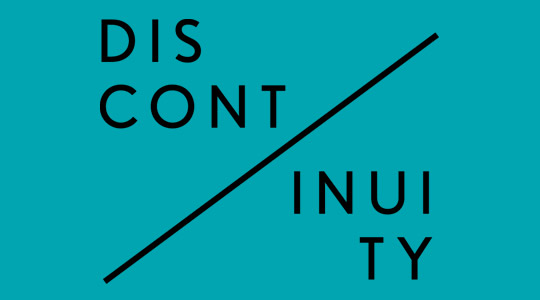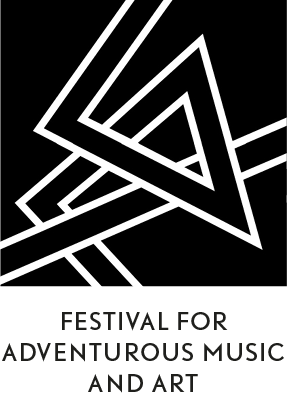Bogusław Schaeffer
[PL]

Bogusław Schaeffer (1929) is a prolific composer, musicologist, professor, playwright, and graphic artist. His unconventional, interdisciplinary activities have led to him being viewed as a very controversial figure in the world of new music.
Schaeffer’s experimental approach to both music and musical notation has led to a number of innovations including musical scores without notes, scores that use other forms of notation such as diagrams, typescript, decomposition, emotivographs, assemblages, and collages. The visual aspect of musical notation is among his chief concerns, inspired by varied artistic practices including collage, surrealism, and performance-art techniques.
The sixty years of Schaeffer’s creative work have resulted in more than 500 compositions across at least 23 different genres. He was one of the first Polish composers to take up electronic music. The first Polish music "happening" was his work, “Non-Stop” (1960).
Born in Lviv, Ukraine, Schaeffer studied violin and music theory in Opole from 1946 to 1949. He studied composition with Artur Malawski at the State Higher School of Music (today the Academy of Music) in Krakow from 1949 to 1953. At the same time he began studying musicology under Zdzisław Jachimecki at Krakow's Jagiellonian University. He continued his musical education in 1959 with Luigi Nono. During the years 1952 to '57, he worked in the music section of Polish Radio in Krakow, and in 1953, as deputy to the editor-in-chief at the main Polish music-publishing house, Polskie Wydawnictwo Muzyczne (PWM). He was deputy to the editor-in-chief of the music magazine Ruch Muzyczny in 1957, and from 1954 to '58 he was a lecturer at the Institute of Musicology at Krakow's Jagiellonian University.
Schaeffer has written more than a dozen books on contemporary music, including Almanach polskich kompozytorow współczesnych (Alamanac of Polish Contemporary Composers) (Kraków: Polskie Wydawnictwo Muzyczne, 1966, rev. ed. 1982); Nowa Muzyka: Problemy wspolczesnej techniki kompozytorskiej (New Music: Problems in Compositional Technique in Contemporary Music) (Krakow: Polskie Wydawnictwo Muzyczne, 1958; rev. ed. 1969); Maly informator muzyki XX wieku (Small Handbook of Twentieth-Century Music) (Krakow: Polskie Wydawnictwo Muzyczne, 1958; rev. ed. 1975); the two-volume Leksykon kompozytorow XX wieku (Lexicon of Twentieth-Century Composers) (Krakow: Polskie Wydawnictwo Muzyczne, 1963, 1965); Wstep do kompozycji / Introduction to Composition (bilingual edition) (Krakow: Polskie Wydawnictwo Muzyczne, 1976); Kompozytorzy XX wieku (Twentieth-Century Composers) (Krakow: Wydawnictwo Literackie, 1990).

